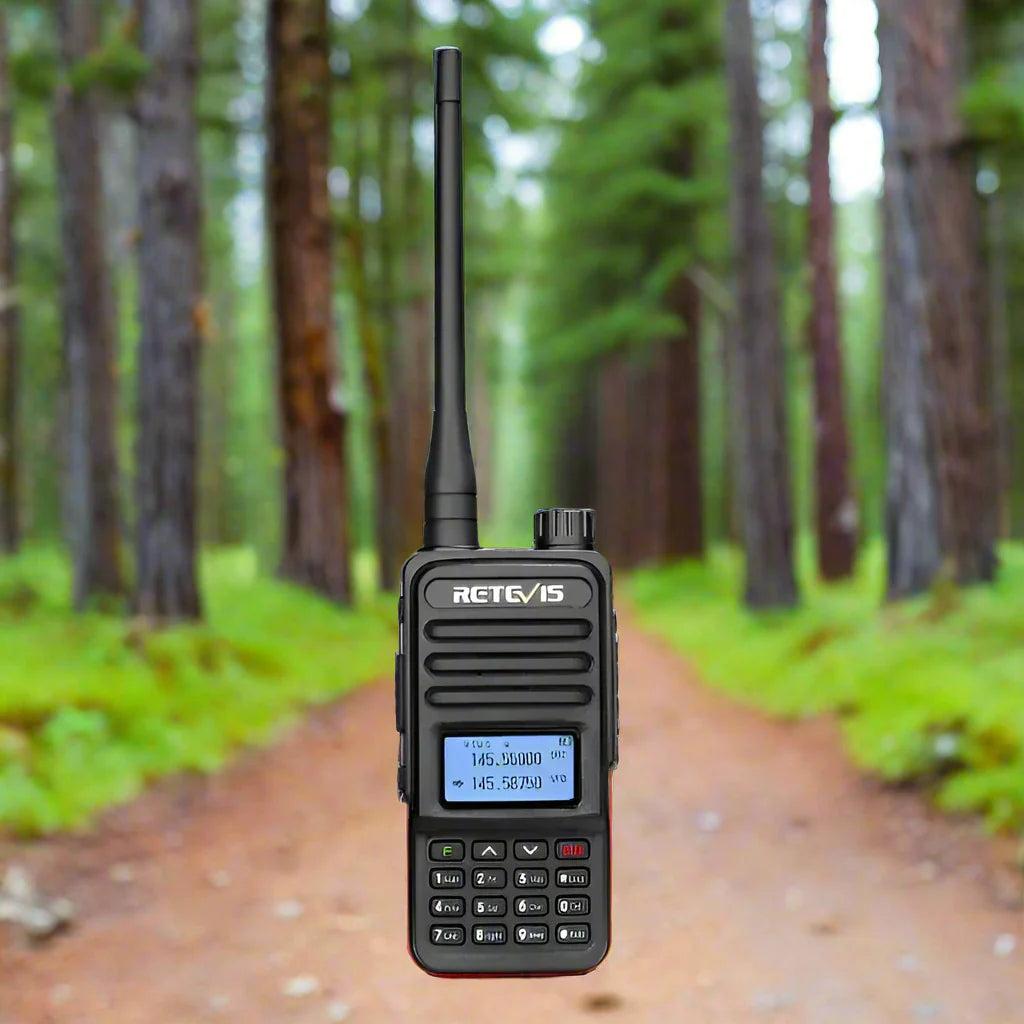Datsun Man
Member
So as we all know different countries have their own rules and regulations for operating different types of radios(fees for license included). I know for a fact that the US will allow CB(27 mhz), GMRS and HAM radio(I believe there are others as well). I am also aware that not all other countries will allow all of these radios to be used in a Mobile Application attached to a vehicle.
With all that said I am curious what Radios are legal to use in Canada? This includes the necessary steps for receiving the appropriate license for said radio. Better yet what Radios are allowed to be used in both the US and Canada(again this includes the appropriate license)
Any information on this subject will be appreciated!
With all that said I am curious what Radios are legal to use in Canada? This includes the necessary steps for receiving the appropriate license for said radio. Better yet what Radios are allowed to be used in both the US and Canada(again this includes the appropriate license)
Any information on this subject will be appreciated!


